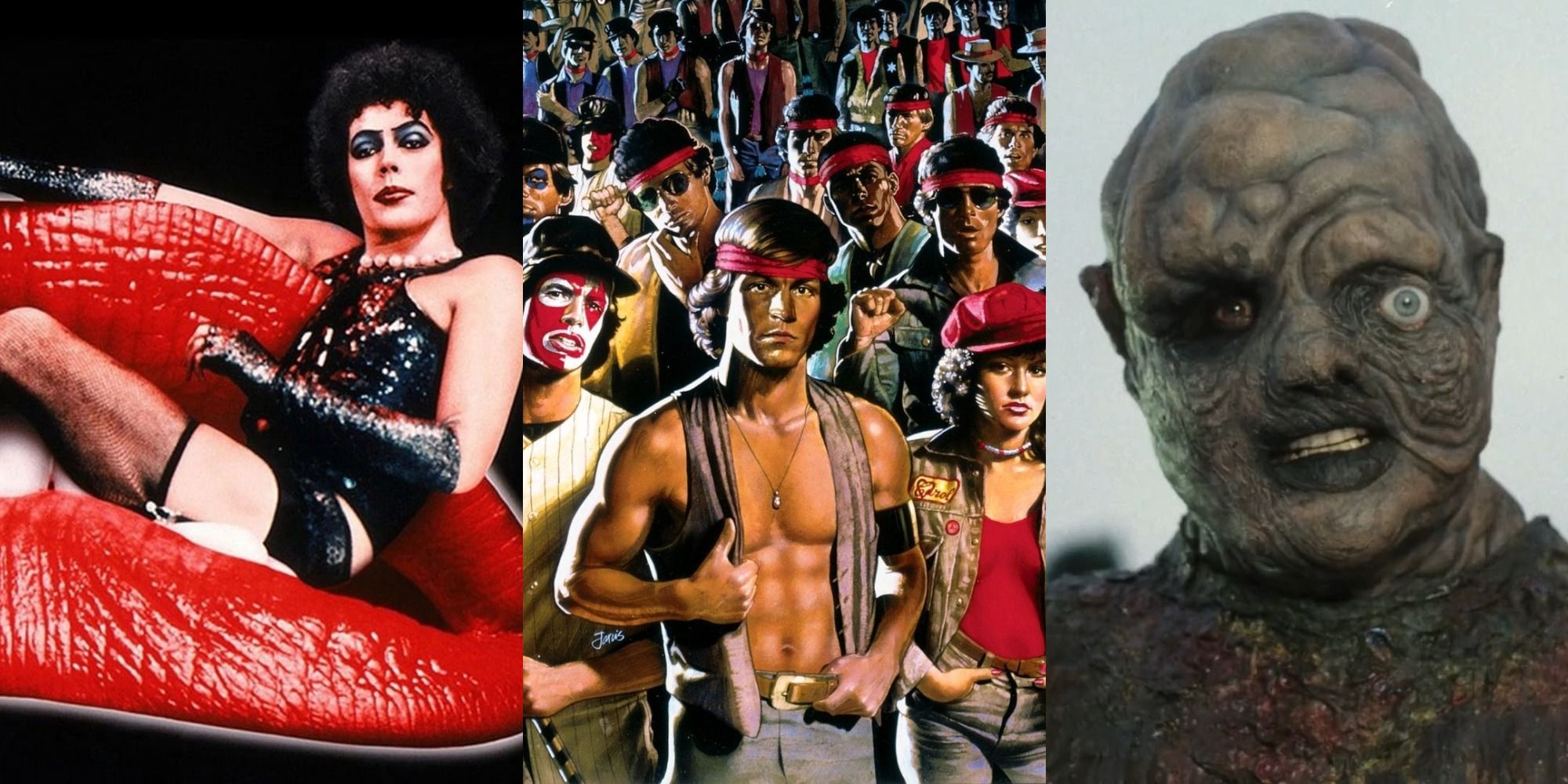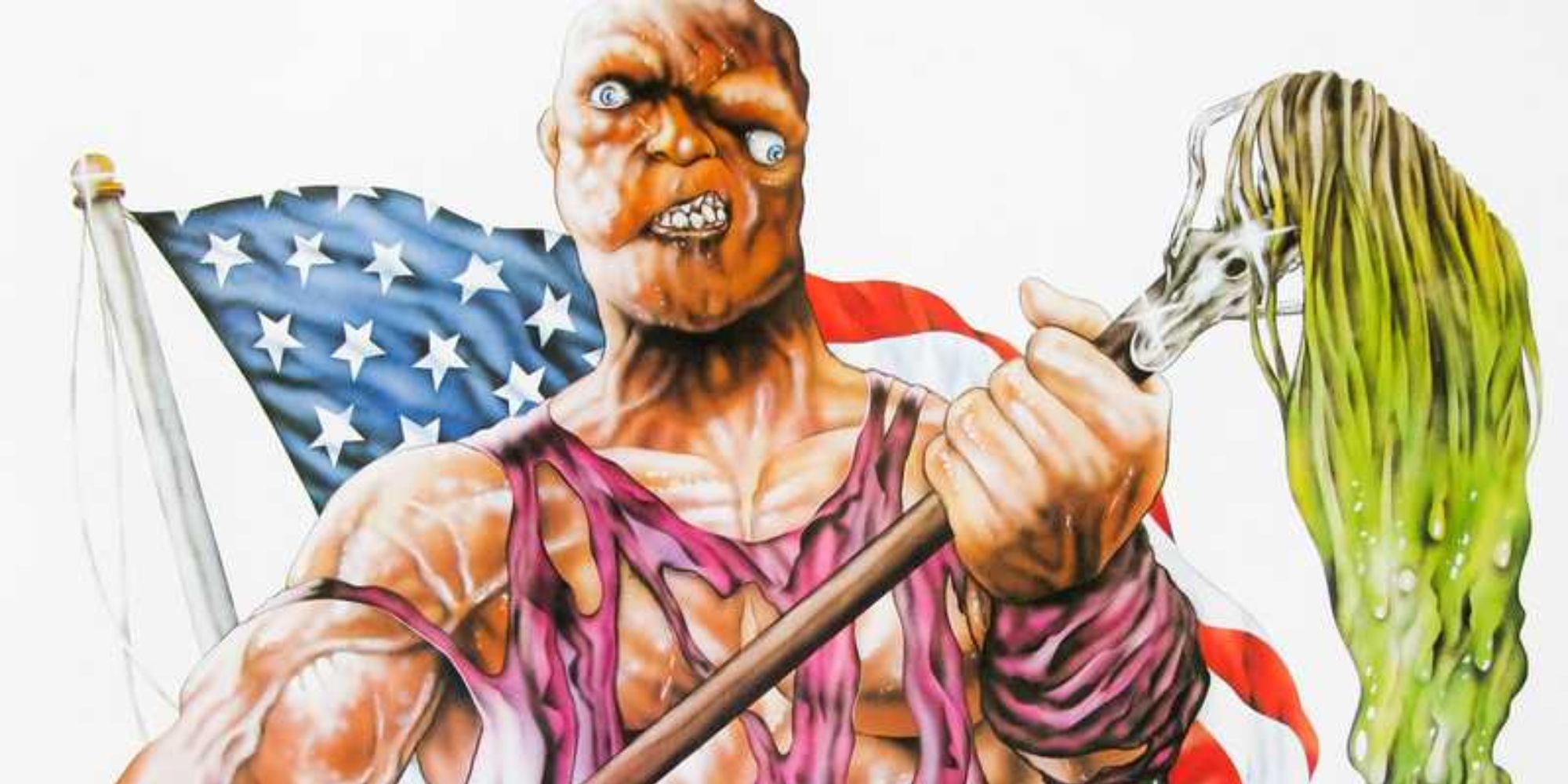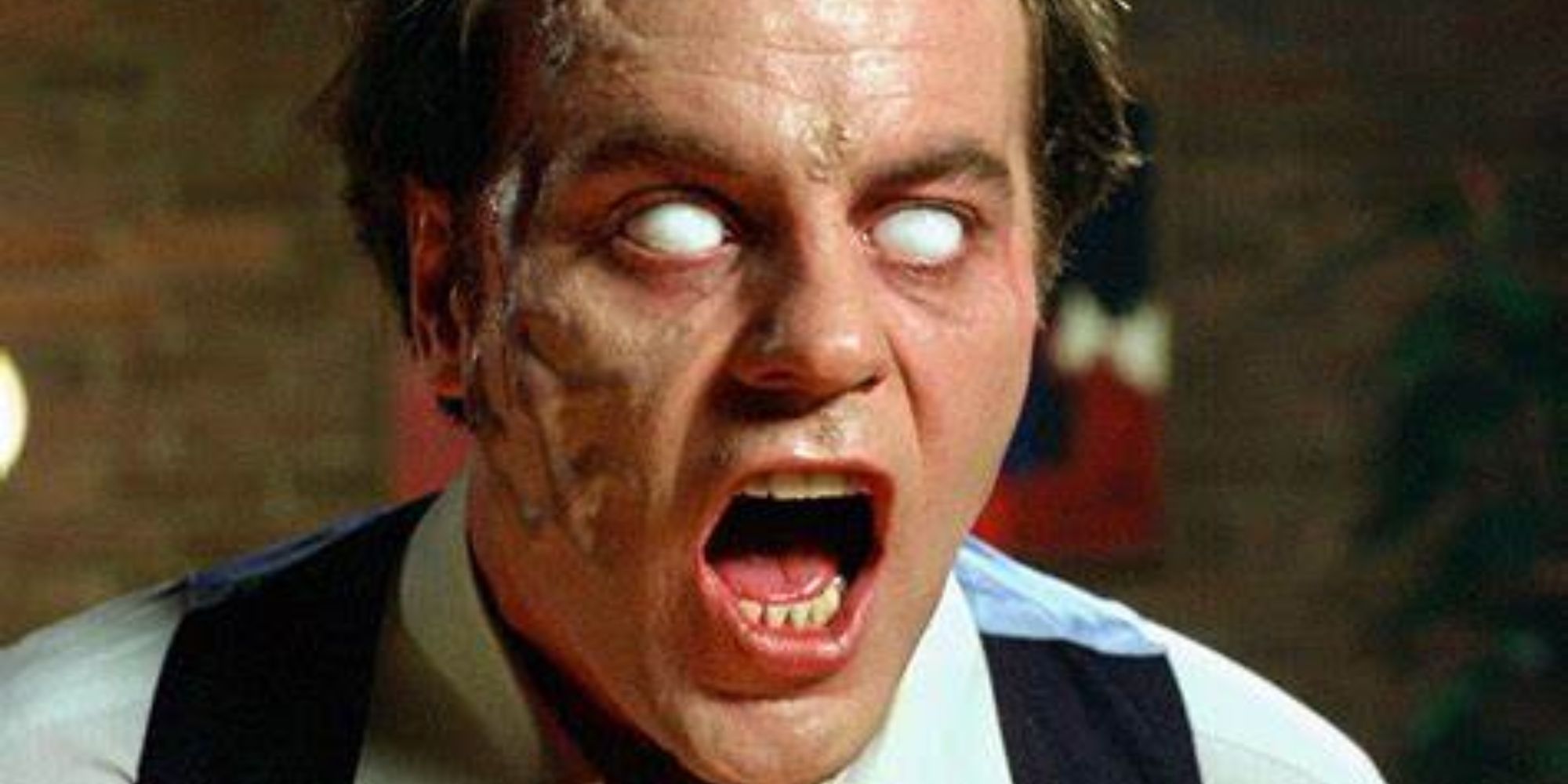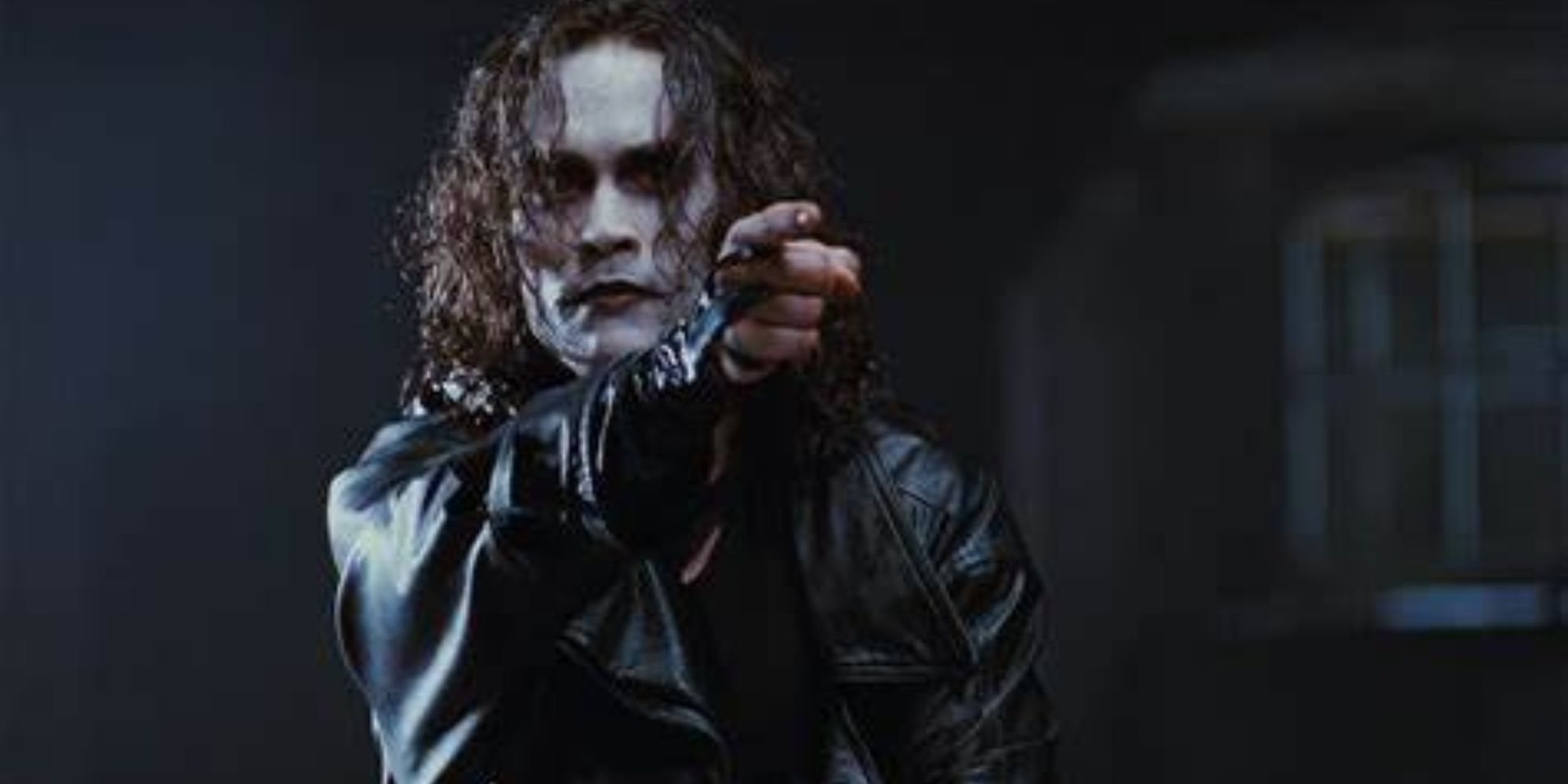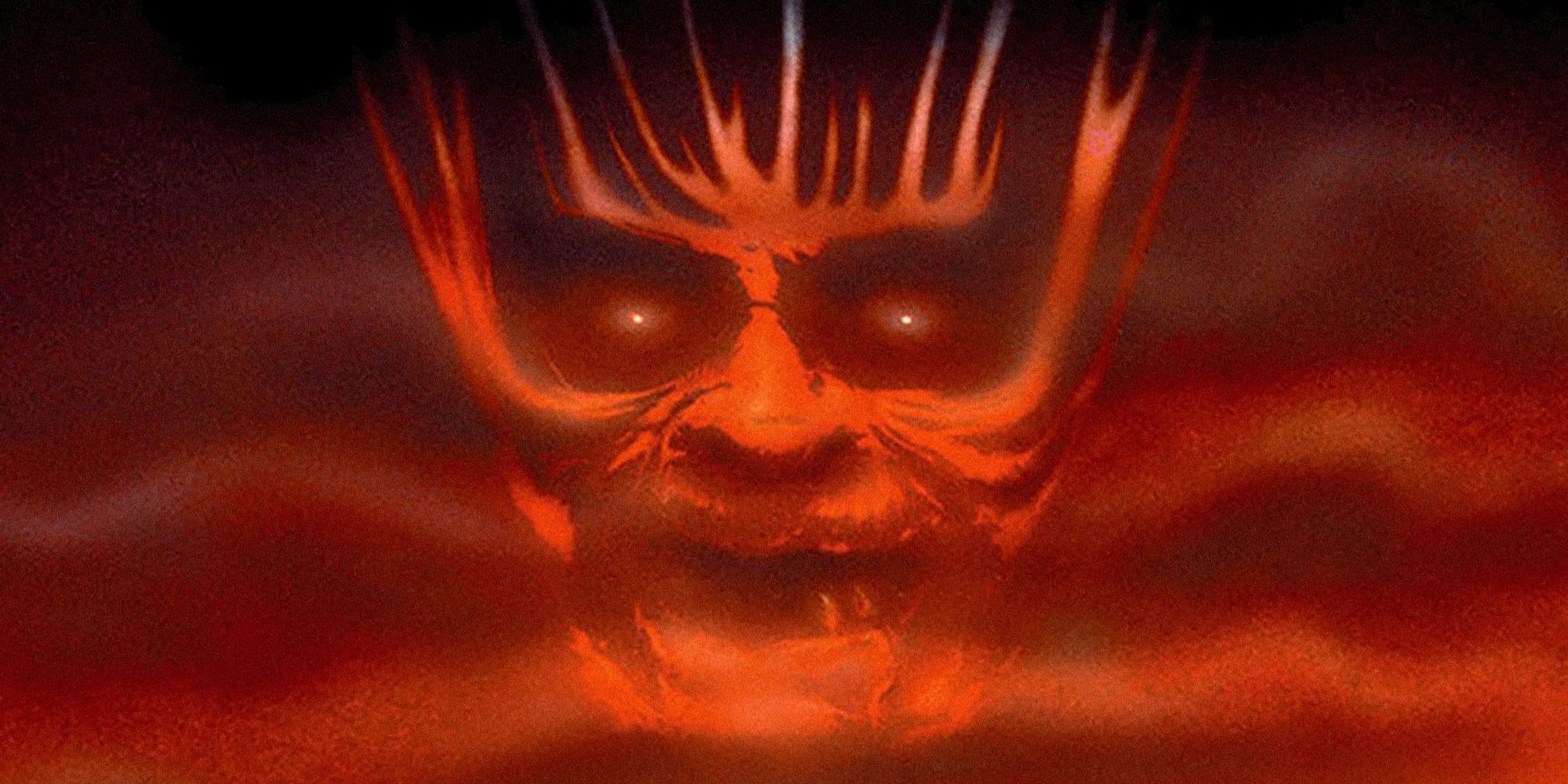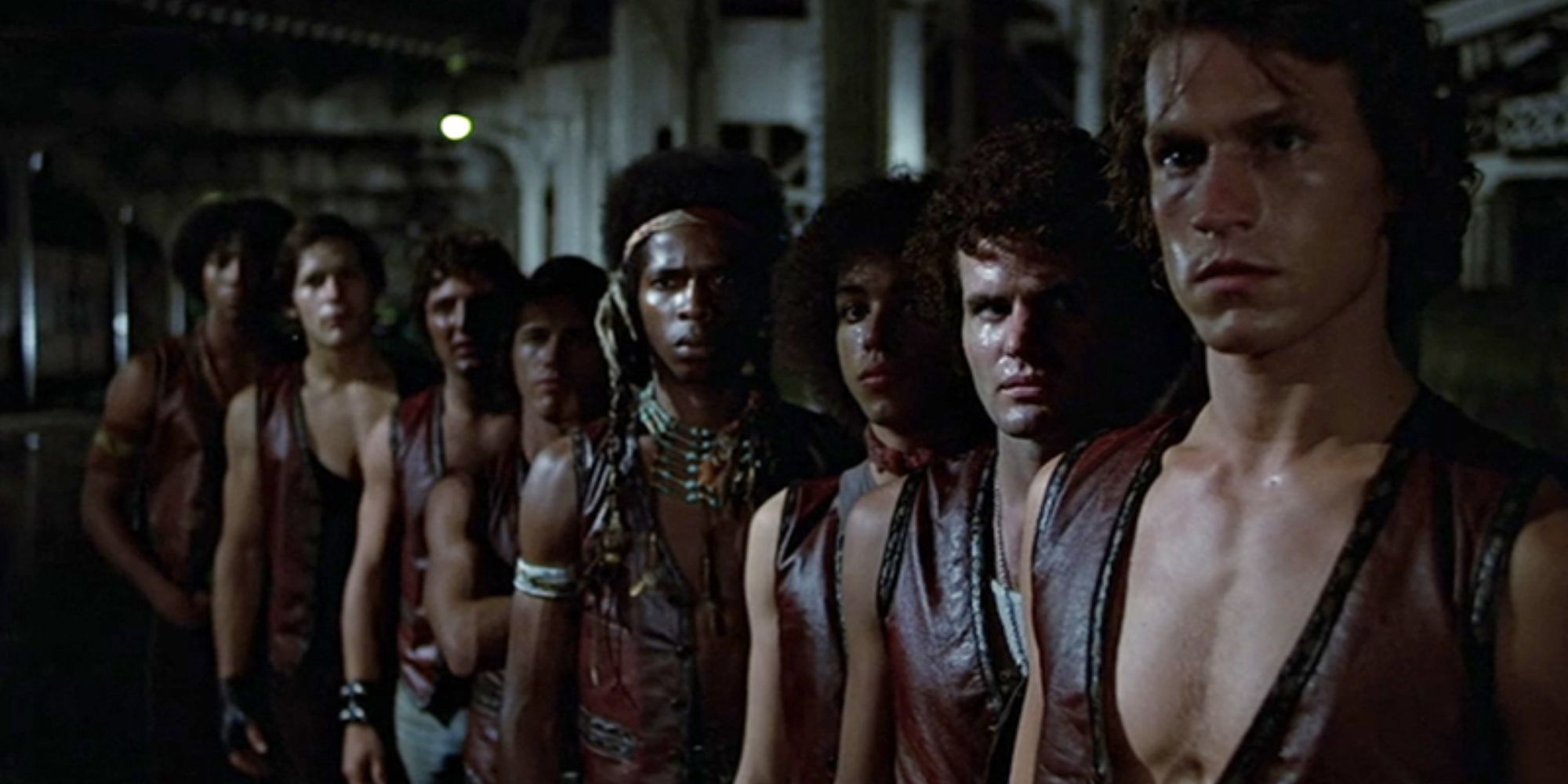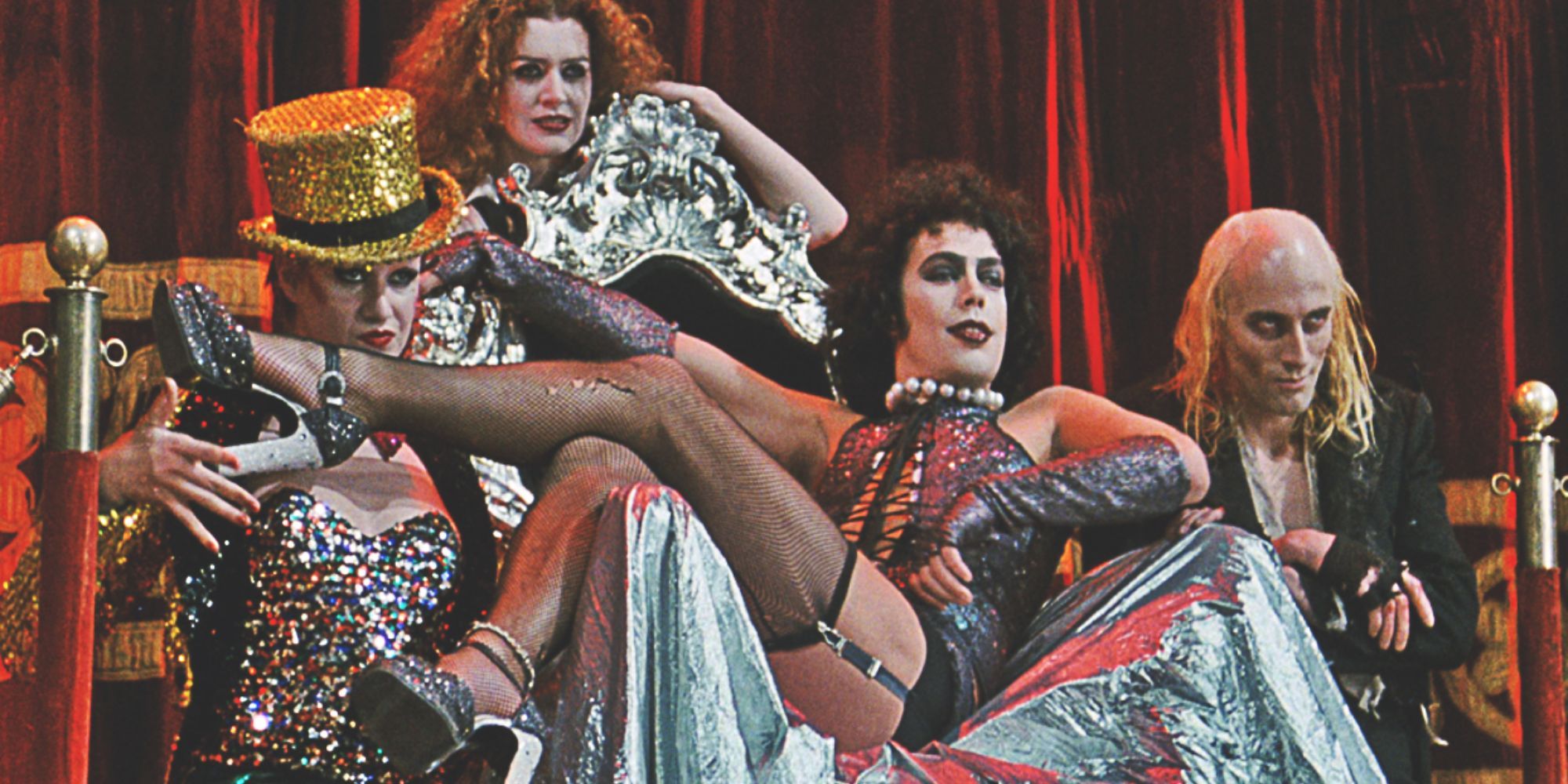There are many movies that cinephiles would consider essential, like Citizen Kane or 2001: A Space Odyssey. Yet, "essential" could include movies that have left the most impact. This doesn't mean that they have to be particularly great, but that they are memorable. Sometimes, the thing that makes a film "essential" is the stories that came along with the release of those films.
The definition for a "cult movie" is likewise broad and up for debate; after all, Star Wars and MCU films have cults of personality, so are they naturally "cult" movies? Generally, cult movies start from humble beginnings and rise to unexpected cultural success that has garnered communities and fandoms. These are a small handful of essential cult films that need to be seen to be believed.
Toxic Avenger (1984)
Released by the devoutly underground studio Troma, this sleazy and gratuitous superhero movie is both the mascot of Grimey B-movie schlock and down-and-dirty exploitation cinema. Our hero is a mutated outcast, but he’s more lovable than he is scary. Movie director Lloyd Kaufman, the filmmaker behind the “sexy comedies” at Troma, sought to reinvent the horror genre with Toxic Avenger. Instead, he (somewhat accidentally) created something far more charming and campy.
This movie is a delight. The titular Toxic Avenger (or Melvin) is a charismatic and heartwarming lead, juxtaposed with grotesque practical effects and makeup. This film is an undeniable classic that spawned multiple toys, comics, a musical, a Toxic Avenger reboot starring Peter Dinklage, and, of course, made Troma the king of B-movie cult classics. Perhaps most importantly, it acts as a parody of superhero films and still feels relevant to this day.
Scanners (1981)
This now-beloved film received a lukewarm reception from critics upon its release, including a 2-star review from none other than Roger Ebert. Creator of horror masterpieces The Fly and Videodrome, David Cronenberg, is the mind behind this 1981 sci-fi body horror extravaganza. Scanners has been praised over the years for its impressive effects, such as the iconic head explosion scene. Predating the internet, the film’s plot follows interconnected individuals who have direct access to other people’s thoughts, which often leads to violence and death.
Despite its modest reception, the film’s effects were satirized and referenced in pop culture for years, including jokes about the head explosion in Saturday Night Live, Wayne’s World, and The Big Bang Theory, giving the film the legendary status it deserves. As the world becomes more reliant on technology for information and communication, it’s troubling to think Cronenberg seemed so ahead of all of us in ways that remain...simply mind-blowing.
Tron (1982)
Some would write off Tron as a mere Star Wars clone. You have the villains MCP and Sark (Palpatine and Darth Vader), a trio of heroes (Han, Luke, and Leia), and about as much exposition as any from the original trilogy. Yet, there is a certain spark of originality from Tron that made it stand on its own and allowed it to garner a legacy of love and appreciation over decades.
That’s not to say Tron aged particularly well, but its special effects completely revolutionized the industry. The end result is that we have a movie that looks incredibly dated with a slow story. Yet, it is as trippy and important now as it was when it came out, bridging computer-generated effects and the sci-fi genre from its sometimes-clunky past to where we are today.
The Crow (1994)
When the comic book series The Crow was adapted to film, it became a sleeper hit for both the box office and for critics. Thanks to its dazzling style and lurid energy, The Crow was the gothic action flick that audiences of the 1990s didn't know they needed. But a big contributor to its cult status? Tragically, Brandon Lee, son of '70s kung-fu star Bruce Lee, was fatally shot by a stunt gun on-set during filming.
Up to this point, Lee was enjoying moderate success in Hollywood as a fresh new action star who was breaking out of his father’s shadow. The film was released at a pivotal time for America, as it just discovered grunge rock and emo fashion. The Crow pushed that aesthetic into the mainstream, and suddenly it was cool to wear eyeliner again! Its punk style adds a whole new layer when you put Brandon Lee’s death into the formula. Were it not for his death, the themes of resurrection and rebirth that permeate the film would likely have a different context today.
Halloween III: Season of the Witch (1982)
Halloween III was a flop, both for audiences and critics. Still, that might not be entirely the fault of the movie itself. Halloween III has an interesting history to it, as John Carpenter’s 1978 horror classic Halloween was the first of a planned anthology film series, with this entry, ostensibly titled Season of the Witch, following Halloween II. The problem is, the first two films created the infamous horror slasher Michael Myers whose legacy reached across the nation. So when this was released as a story about Halloween masks created by an evil corporation set to kill children and there was no Michael Myers to be found, it was met with overwhelming disappointment.
The film is known for its unapologetically anti-capitalist stance in an era when that was a controversial subject, to say the least. It also explores child death, which even disgusted some horror fans. The planned anthology was ultimately canned and Michael Myers returned for an onslaught of sequels. Halloween III was lambasted, but the years after have caused people to reevaluate the film. Many now see it as a wholly original and sincere movie that celebrated the spirit of Halloween. To this day, Halloween III continues to have its harsh critics, but new fans have crowned this movie an underrated, underappreciated gem.
The Warriors (1979)
If this film is known for one thing, it’s the violence that came to the theaters. Gangs walking into the lobbies and seeing their rival gangs from across the aisle resulted in vandalism and killings. As reported by the New York Times, violence continued to the point where Paramount pulled all advertisements for the movie and reduced press releases to show nothing more than the movie’s title, rating, and participating theaters.
In all other respects, The Warriors was panned by critics upon its initial release for its lack of realism and its glorification of violence. Now, many critics look back on the film, seeing it as a thrilling but cautionary look at street crime. Though dated, some argue that it remains a relevant touchstone of cult movies.
Rocky Horror Picture Show (1975)
1975 was an iconic year for film, but not every movie now considered to be essential was an instant hit. Upon its release, Rocky Horror Picture Show came and went mostly unnoticed. It premiered in a few theaters and when it was shown, it was only able to bring in small audiences. It probably would have been swept under the run entirely if Fox executive Tim Deegan didn’t convince distributors to play the film for a “secret” midnight screening at the Seattle International Film Festival. Since then, the film spread to larger cities and the audience numbers continued to grow. Some audience members would get in for free if they dressed up in costumes and before long, nearly every screening was presented with a live fan cast.
With the movie’s sexual liberation and subject matter, it developed a strong following with LGBTQ+ fans, and allowed for some visibility in a comparatively oppressive time. To this very day, Rocky Horror Picture Show is considered the longest-running release in film history, thanks to a Fox policy that made archival films available to be shown in theaters at any time. According to Vulture, even after Disney more recently began pulling Fox’s archival movies from theaters, they made an exception for Rocky Horror to keep the traditional midnight screenings alive.

